How to rest, actually
Apparently zoning out on the sofa isn't enough on its own
I don’t know how to rest. It’s not a surprise really, given that the system is predicated on productivity and pushing through. But now I find myself in burnout and unlike a broken leg there doesn’t seem to be a list of next steps. I’m in this strange place of floating around trying to get better, unable to work or do normal things (by society’s standards at least), carrying this unbearable feeling of failure that I don’t know how to get better. My doctor’s don’t know so I’m trying to figure it out by myself. And it seems like one of the antidotes to burnout should be rest. So I learned a few things about what rest actually is. Up until this point in my life I either didn’t rest at all or I crashed out on the sofa for a Netflix binge every now and again. It seems this doesn’t count on it’s own, so I’m going to share with you what I found in case, like me, you’re a bit clueless.
I always thought rest was this intangible thing that just happens. By thinking I’m resting, it’s happening. By lying down, it’s happening. By distracting myself with high-intensity drama and reality TV, it’s happening. In fact, if I’m honest, I probably never gave it much thought. I certainly never Googled it. Or thought to learn about how to do it. Recently, this changed! I did a bit of research about rest, and came across many resources (including this one from TED) that indicate there are many different types of rest that all humans need in order to be holistically well-rested.
I wouldn’t be surprised if there are more, but the 7 types of rest that I discovered are:
Physical rest - passive physical rest, like sleeping and napping, and active physical rest, like yoga and massage.
Mental rest - time and space to rest ones mind from daily tasks and conversations.
Sensory rest - moments of sensory deprivation throughout the day, like closing ones eyes, sitting in silence, unplugging from screens.
Creative rest - focus on the arts and nature to encourage awe and inspiration.
Emotional rest - time and space to honestly express feelings and emotions.
Social rest - time away from people or spending time with positive and supportive people who contribute to one’s social battery.
Spiritual rest - expanding horizons by engaging in something bigger than oneself.
I have been trialling the idea of using these types of rest as a framework to break down the amorphous concept of rest into digestible and actionable parts. Every now and again I’ll refer back to this list and do a quick check to see which areas of rest I have been neglecting. I’ve even gone so far as to write out a list of the different ways I like to rest under each category so that when I’m particularly burned out I can simply pick a prompt. The thing I’m learning in doing these things is that rest is a verb. It is a doing thing. It requires action to get results. It doesn’t just happen to me. I have to carve out the time and space in intentional ways to truly rest my body, mind, and soul.
Burnout diaries (this episode is a vlog I made during my first week of trying the 7 types of rest)
The 7 types of rest that every person needs (the TED article I mentioned in this journal entry)
The relaxed woman (Nicola Jane Hobbs, a.k.a ‘the relaxed woman’, is a feminist psychologist who shares radical and inspiring work on rest)
Which types of rest are you neglecting?
What are the barriers to incorporating this type of rest into your life?
How could you work around these barriers to incorporate more of this type of rest into your life?
List activities for each type of rest that you’d like to focus on incorporating into your life.
As I answer these questions I remind myself not to feel guilty for not knowing. For neglecting rest. For letting it get to the point of burnout. All I can control is how I show up for myself now. Some weeks the balance of rest in my life will be as close to perfect as it can be. Other times that won’t be possible. It’s important to keep at the forefront of my mind that there is no obligation to, or award for, rest. It is a choice. Some days that choice will be harder than others and that’s okay too. After all, what’s the point in leading a restful life if I’m stressed about how ‘well’ I’m resting? That, in itself, is a journal entry for another day!



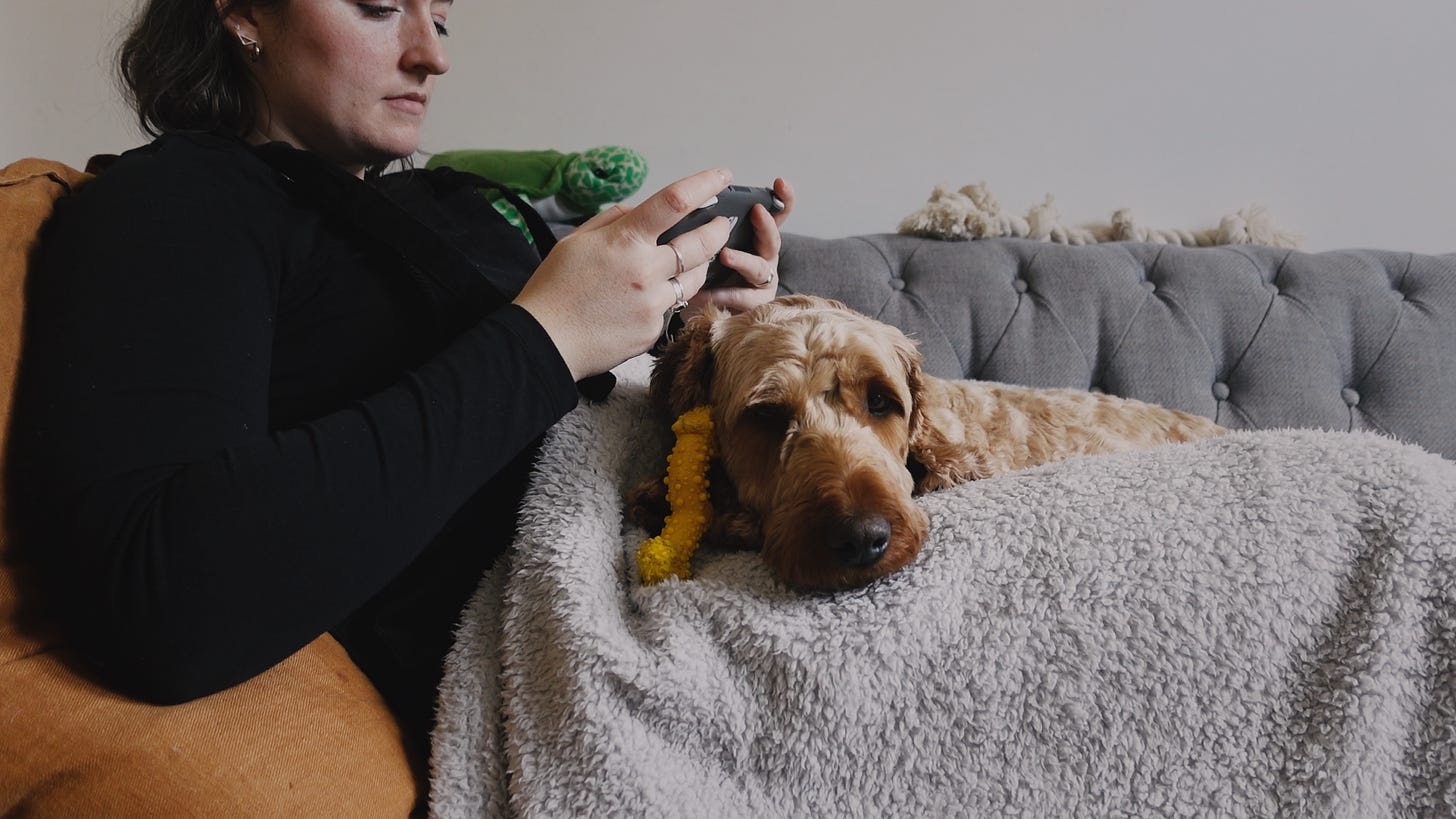
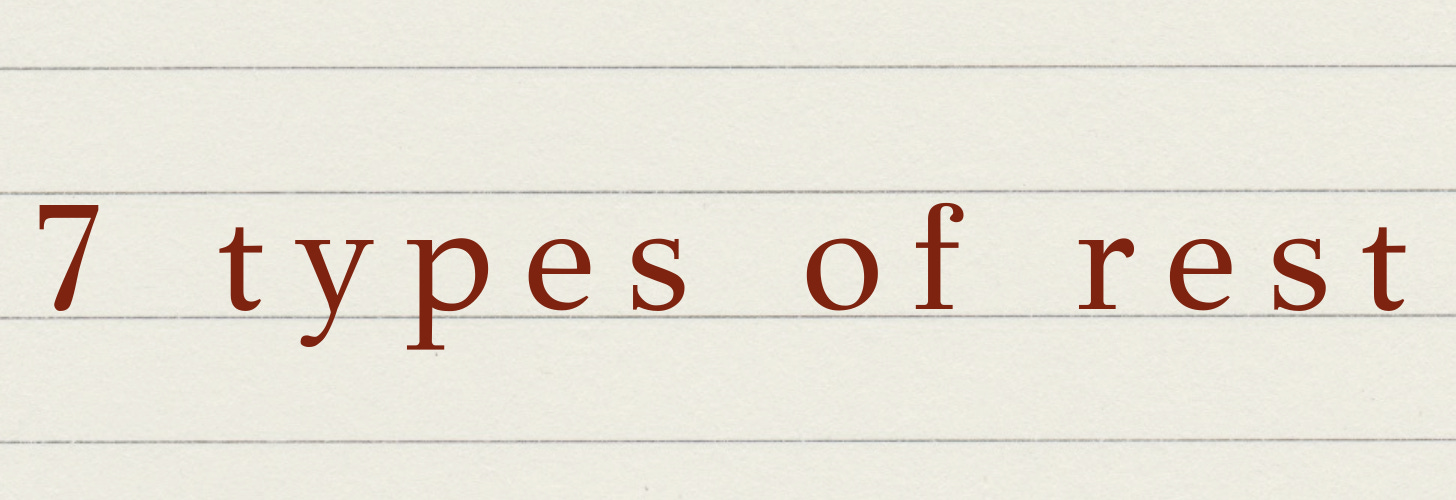
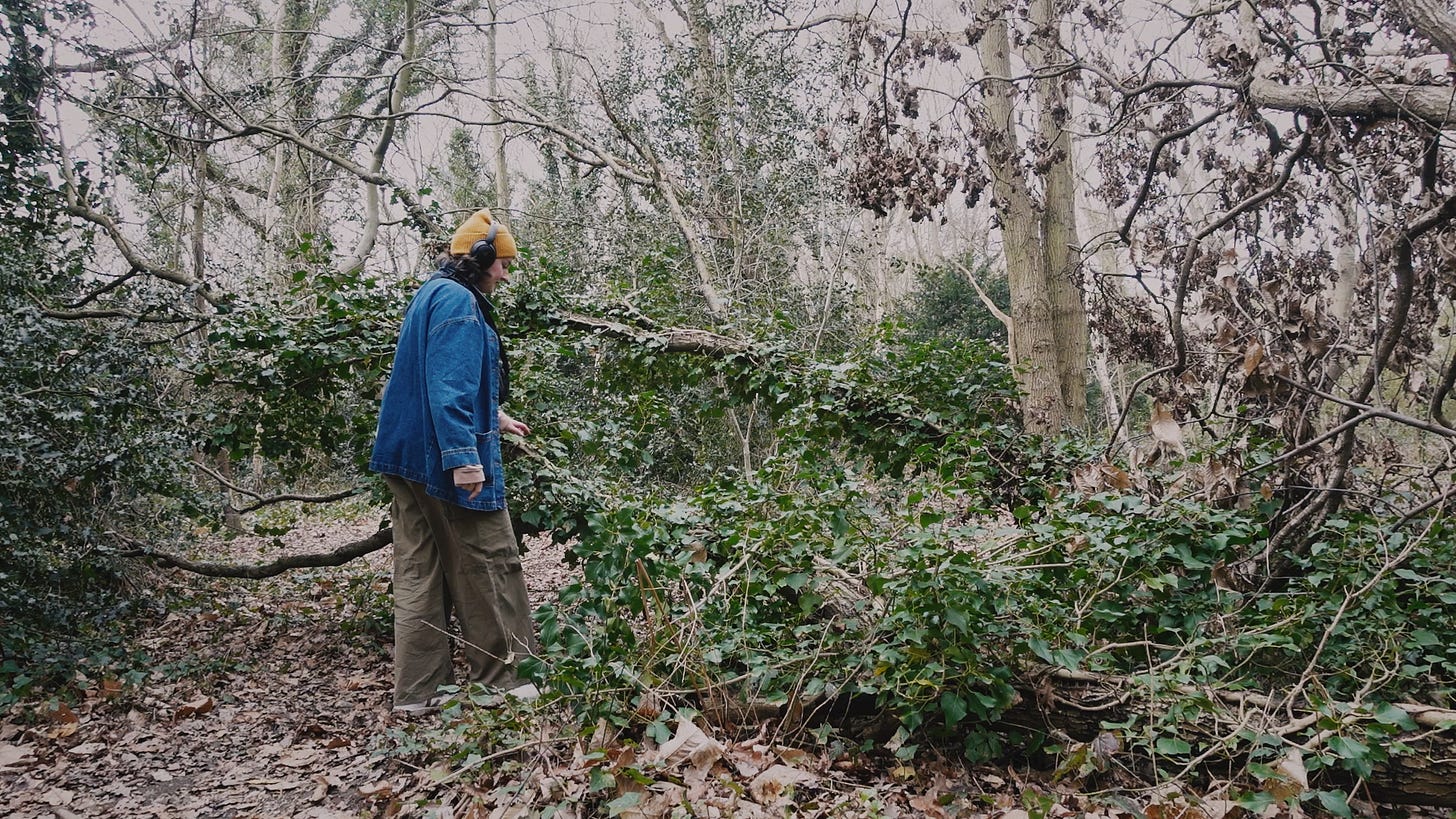
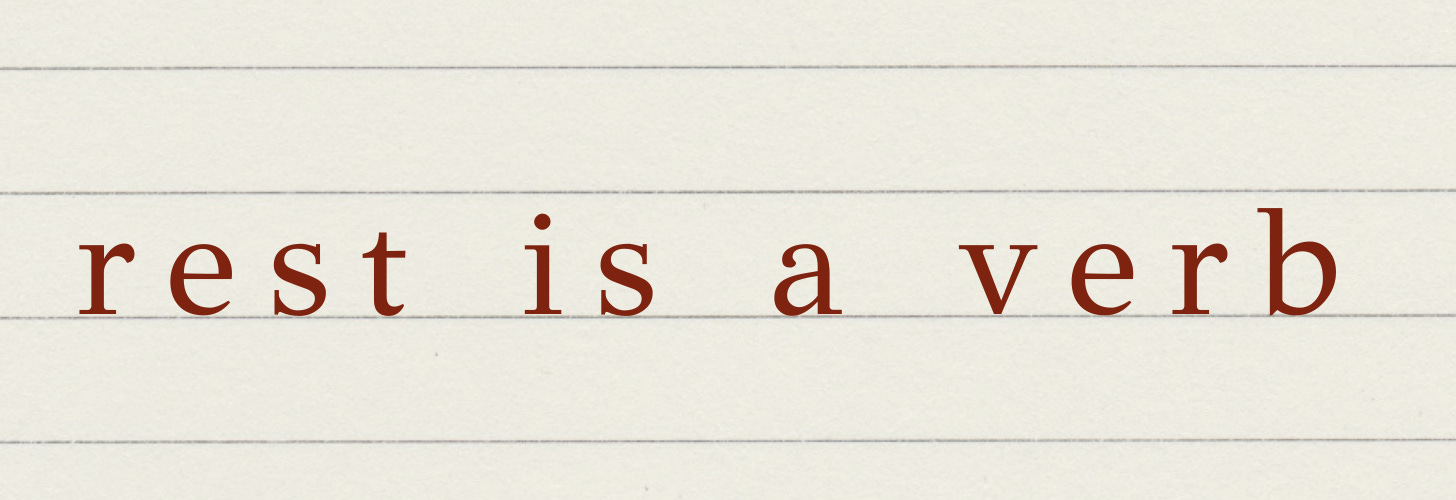
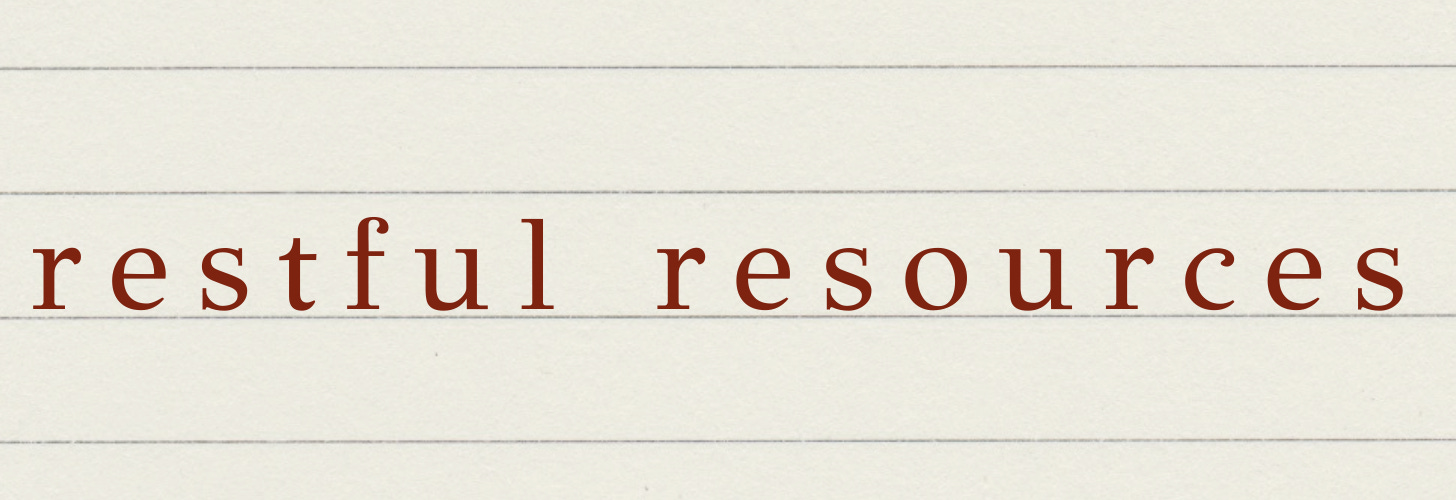
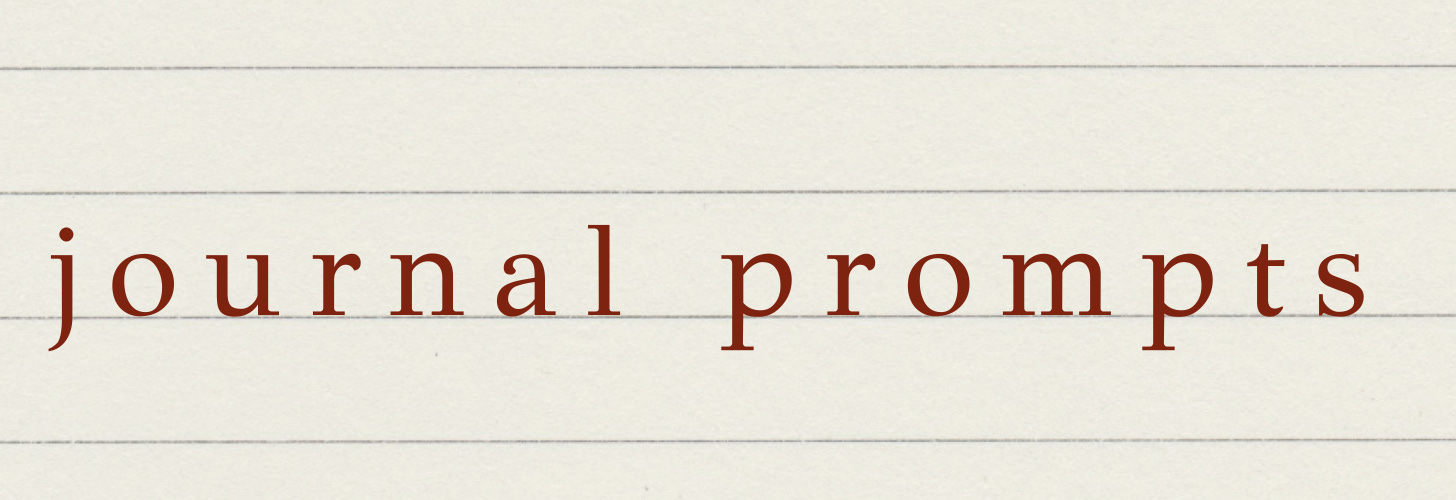
I really needed to read this, thank you so much for writing it. Rest is something I haven't 'studied' or looked into much before, but I have come to learn as I've gotten older that if I don't rest exactly when my body or mind is telling me I have to, I will absolutely start to down spiral. I've realized that if I take some time for me, even though it feels selfish and unproductive in the moment, it leads to a much quicker period of downtime and a rejuvenation to come out of it. But that's after many many years of breakdowns and burnout. I also love that you mentioned Nicola's Instagram, I love her page! Thanks again for this thoughtful post, and I hope you're getting the rest you need. Xx
Thank you so much for writing this and including these steps. I also found your YouTube video on this to be both relatable and practical as things I can/should put into practice. Ive never known how to “relax” very well, let alone rest. Thank you for sharing your journey with others.